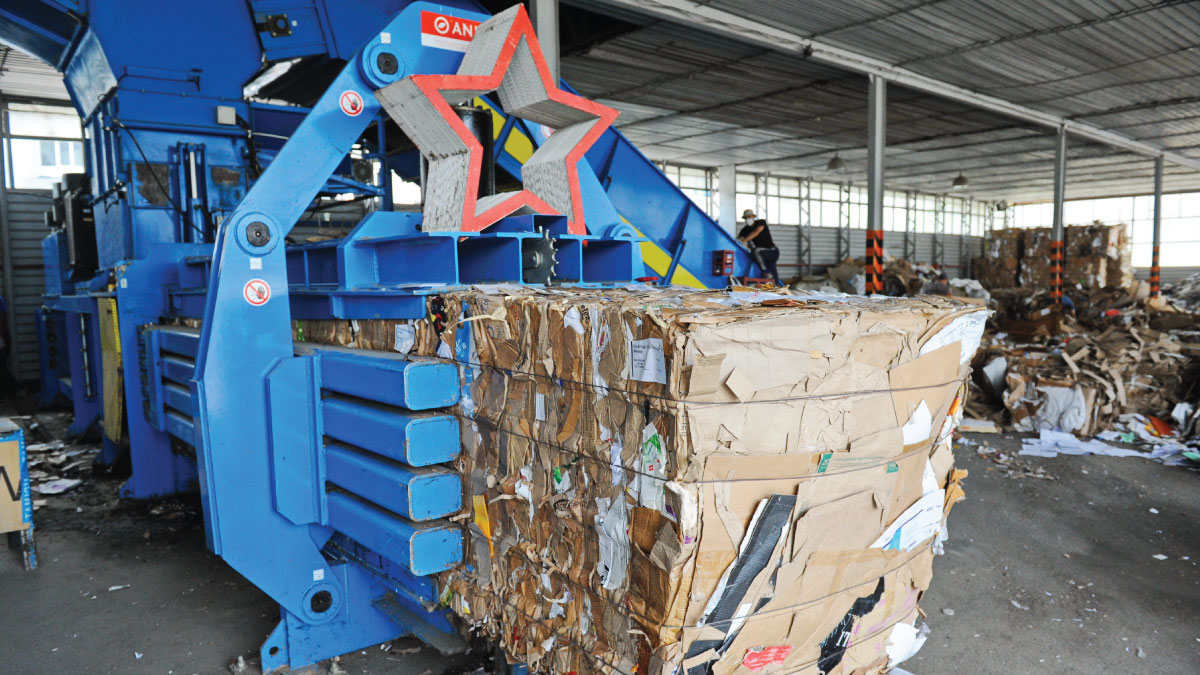Rapid changes in global standard-setting put new strains on regulators, institutions and professional bodies in countries with weaker accounting and reporting ecosystems.
A factory in Almaty, Kazakhstan. © Vladimir
UNCTAD’s Intergovernmental Working Group of Experts on International Standards of Accounting and Reporting (ISAR) has called for more technical assistance to developing countries to enable them to cope with new global sustainability reporting standards.
The experts made the call at ISAR’s 38th meeting held from 9 to 12 November, saying more technical assistance would empower countries with weaker accounting and reporting infrastructure to enable companies to better report their contributions towards the UN Sustainable Development Goals (SDGs).
More than 250 experts from around 80 countries examined recent developments related to financial and sustainability reporting frameworks and standards. They also reviewed the implementation of UNCTAD’s guidance on core indicators (GCI) for entity reporting on SDG impact.
“Sustainability reporting is a basis for sustainable investment,” UNCTAD Secretary-General Rebeca Grynspan said. “It is fundamental to allow financiers to make sound investment decisions.”
She underscored the need for more capacity-building in developing countries, noting that rapid changes in global standard-setting put new strains on regulators, institutions and professional bodies in countries with weaker accounting and reporting ecosystems.
Ms. Grynspan said boosting accounting and reporting skills in micro, small and medium enterprises is a key part of post-COVID-19 recovery initiatives, and at the heart of UNCTAD’s ongoing technical assistance.
Sustainability reporting work moving rapidly
UNCTAD's director of investment and enterprise, James Zhan, said the organization’s work on sustainability reporting was progressing so rapidly, hence ISAR’s strategic focus would gradually shift from “indicator-development work” towards “dissemination”.
He said this would involve “supporting developing economies and countries with weaker accounting and reporting infrastructure to cope with global developments.”
The event examined a series of case studies conducted in 2021 in companies of different sizes in Belarus, Colombia, Kazakhstan, Kenya, Mexico and Russia, representing industries such as food and agriculture, automotive, academia, high-tech, professional services and natural gas.
The case studies sought to assess the relevance and applicability of the UNCTAD sustainability reporting approach, test its suggested measurement methodology and verify accounting data availability.
They provided evidence towards the applicability and usefulness of the GCI as a tool for a baseline SDG reporting by companies and the means to facilitate its harmonization and comparability.
Mainstreaming climate-related financial disclosures
The event, which ran in parallel with the 26th UN climate change conference (COP26), included a debate on good practices and challenges of climate-related financial disclosures in mainstream entity reporting.
A panel of experts addressed several topics, including the facilitation of access to quantitative climate-related financial disclosures and the promotion of consistency between these and financial reporting.
They also discussed actions that governments, policymakers and regulators could take to promote climate-related financial disclosures and how ISAR could support countries in their efforts to improve their availability and quality.
E-learning tool on sustainability reporting
During the event, UNCTAD and the United Nations Institute for Training and Research (UNITAR) launched an e-learning tool on the implementation of core SDG indicators for sustainability reporting by companies.
International experts from Egypt, Guatemala, Italy, Mexico, Russia and South Africa highlighted the relevance of the GCI and its practical implementation across their regions, focusing on how the e-learning tool would support companies and practitioners in improving sustainability reporting.
For 38 years, ISAR has been the focal point within the UN system for issues of corporate transparency and accounting.
It addresses critical issues in financial and non-financial reporting areas to support developing countries and economies in transition to improve their accounting infrastructure, comply with international requirements, improve transparency, promote financial stability and attract investment.
This year’s event was preceded by the annual ISAR technical workshop entitled “Impact of COVID 19 on company financial and non-financial reporting”.

